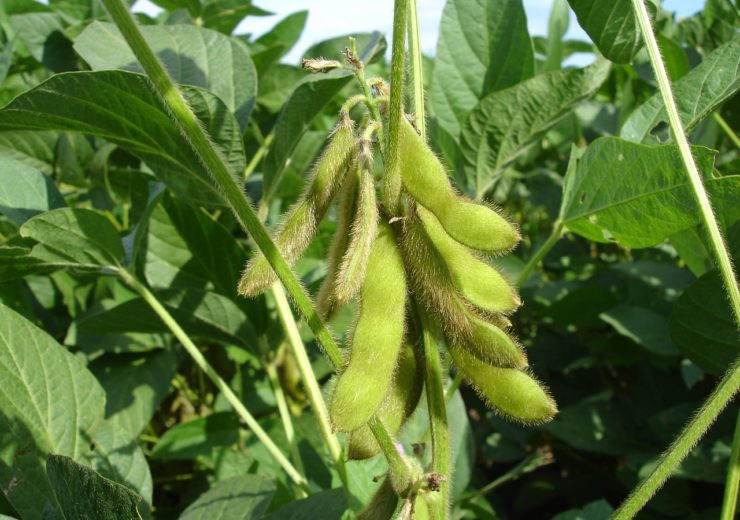With the regulatory approval in Paraguay, the company now aims to introduce the product in Brazil, followed by Europe and other countries globally for additional product concepts containing prothioconazole

Image: ADAMA launches new fungicide product. Photo: Courtesy of Julio César García/Pixabay
Chinese agrichemicals manufacturer ADAMA has secured regulatory approvals in Paraguay for the launch of ARMERO, a new dual-mode fungicide with active ingredients prothioconazole and mancozeb.
Being a broad-spectrum systemic fungicide, prothioconazole was claimed to have been produced by ADAMA in-house. With the regulatory approval in Paraguay, the company now aims to introduce the product in Brazil, followed by Europe and other countries globally for additional product concepts containing prothioconazole.
ARMERO is expected to complement ADAMA’s flagship product, CRONNOS, a triple-action fungicide for Asian soybean rust launched last year. Being a mixture of two active ingredients, ARMERO is expected to have different modes of action such as multisite protectant to combat resistance and is claimed to be the first application of the spray program to control Asian soybean rust.
The liquid formulation, with the company’s TOV technology, is touted to prevent spray nozzles from clogging, offering simplicity for farmers.
Asian soybean rust could result bring 90% yield loss
Asian soybean rust can be a highly impactful disease which can cause significant crop damage and yield loss of up to 90%. ARMERO, the product to counter the disease is expected to be an important growth driver for ADAMA in the future.
The market size of the prothioconazole active ingredient is nearly $800m and is expected to reach over a billion dollars by 2025, the company stated.
The company is planning to expand its production capabilities and resources to meet the expected demand for prothioconazole. It also plans to align with industry partners and aims to become a major supplier of the key active ingredient.
ADAMA Latin America vice president Carlos Danilowicz said: “This new in-house production of prothioconazole enables us to leverage our competitive, backward-integrated cost position while strategically aligning with our global distribution channels to expand sales of distinctive mixture and formulation products, creating building blocks for our future offering.”
Last month, the company entered into a joint venture with Jiangsu Huifeng Bio Agriculture to commercialise Huifeng’s portfolio of formulated crop protection products in the Chinese market.
Under the agreement, ADAMA will acquire a 50% stake in Shanghai Dibai Plant Protection, a subsidiary of Huifeng.
